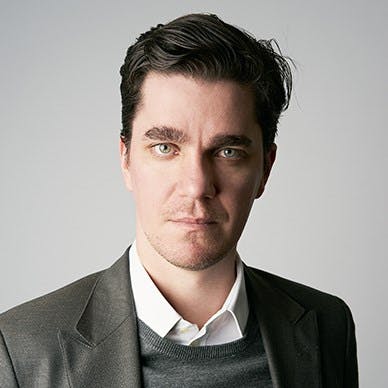‘Sanctions signal the end of Russia’s economic model’
2022-07-03
Three quick questions to Martin Kragh, Deputy Director of the Stockholm Centre for Eastern European Studies and Senior Research Fellow at the Swedish Institute of International Affairs, about our turbulent geopolitical world and future developments in Russia.

Some European leaders are talking about the need not to ‘humiliate’ Putin and to resume normal relations in the long run. Is Russia’s invasion of Ukraine really the nail in the coffin of EU dependence on Russian gas and oil?
If Moscow does not change its policies, Europe will almost completely wean itself off Russian oil and gas. In the short term, our energy prices will rise, but for Russia, this signals the end of its economic growth model. There is nothing strange about EU leaders also talking about the need for dialogue and diplomacy; it is a part of Europe’s political DNA. However, the EU’s sanctions policy will at the same time seriously damage the Russian economy, which shows that the EU can also use hard power.
Russia’s economic isolation is considerable but far from total. How great is the risk that the war in Ukraine and sanctions will push Russia into the arms of China and create a more integrated authoritarian bloc?
This has been a clear trend for at least a decade, albeit with the balance of power reversed. During the Cold War, the Soviet Union was the dominant actor, and China was dependent on Moscow’s political and economic support. The big question now is to what extent is Putin going to make Russia dependent on China, and what concessions will Beijing demand. Xi Jinping has called Putin his ‘best friend’. However, this rhetoric was also disparaging. China does not see Russia as a relevant actor in the future but rather as a country in decline.
One day Putin will step down or be toppled. In your assessment, do the conditions exist for Russia to go down the democratic path in the next 5 to 15 years?
When a change occurs, it can happen suddenly and with little warning. Twice during the twentieth century, Russia moved in a democratic direction, and both times with short-lived success. For countries with a history of authoritarianism, it is difficult to throw off the shackles and start down the path to becoming an enduring democracy. But no country’s history is predetermined. Of course, even Russia can abandon its authoritarian and revanchist course.
Martin Kragh was interviewed by Oscar Sundevall, Senior Consultant at New Republic. ‘Three Quick Questions…’ is a series of interviews conducted by New Republic.